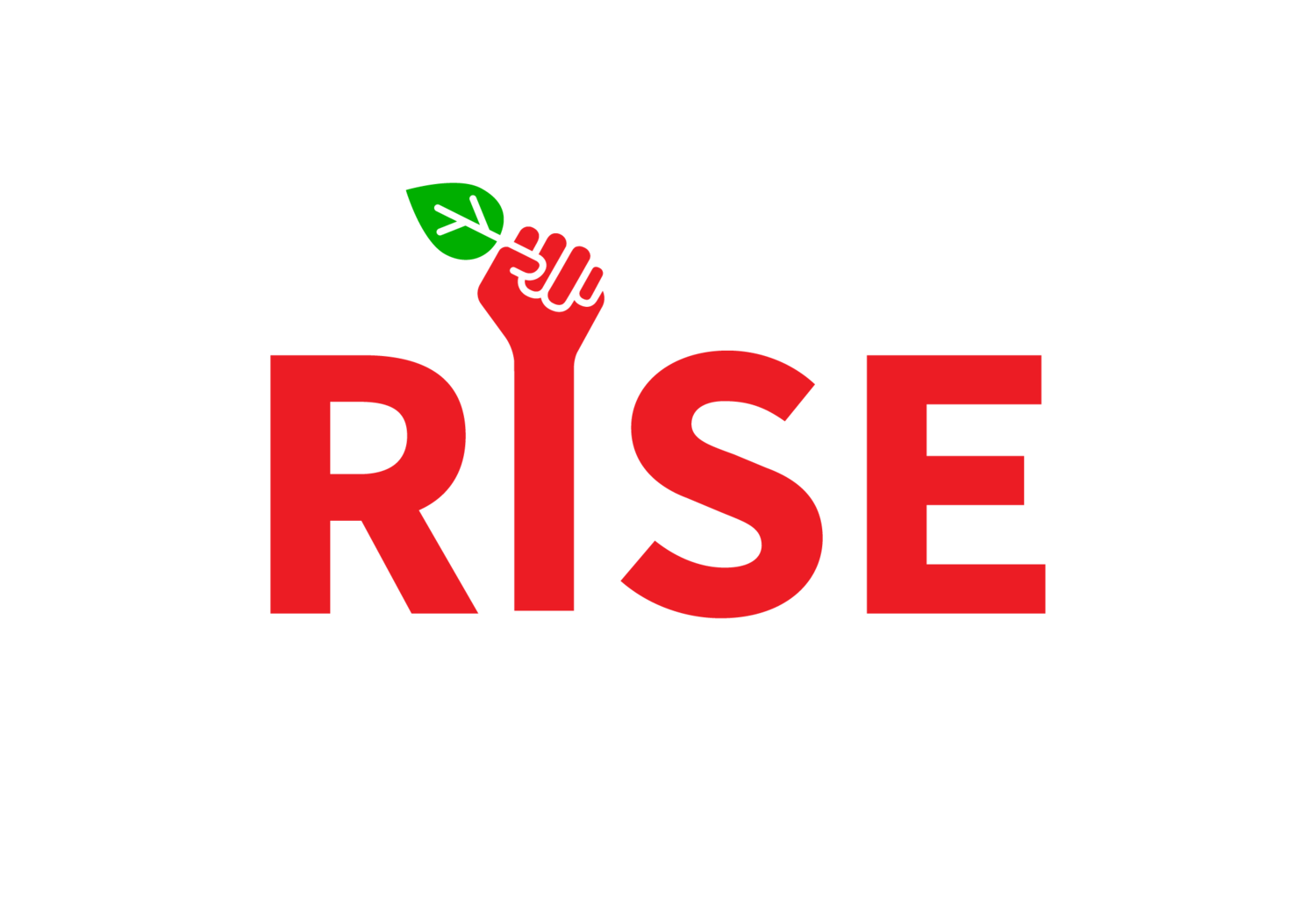Event Recap - Green New Deal Meetings
RISE recently held public meetings in Dublin and Galway to discuss the group’s proposals for a Green New Deal, a set of policies which ensure people, communities, and public services benefit from the transition to a green economy. Due to the apprehensions over climate change the group felt it was necessary to offer an opportunity for those interested to get involved in the process and to point towards a solution which ensures a just transition for all.
Two meetings took place in Dublin on the 26th of October and the 4th of November at Wynn's Hotel on Abbey Street and the Maldron Hotel in Tallaght. The Galway meeting, which was organised by RISE activist Jessy Ní Cheallaigh, took place on the 30th of October at Áras na nGael and featured a mostly youthful crowd. All three of the meetings were well attended and the response from the public was overwhelmingly positive.
The Green New Deal
Discussion at these meetings mainly revolved around what the Green New Deal is, its benefits for the public, and how it might be achieved and implemented. As a starting point, the speakers focused on RISE’s five demands which would produce the radical transformation needed to tackle the issues raised by climate change:
Free, Green, and Frequent Public Transport –
In order to reduce the dependency on cars the transport system needs revitalization, and the most effective way to achieve this is to implement free, green, and frequent public transport which is accessible to all across the country.Sustainable Agriculture for Small Farmers and Workers –
Fighting climate change requires transitioning away from dairy and beef. Because of this there is a need to take big agri-business into democratic public ownership and ensure small farmers and workers are secured during the process.Just Transition –
Workers cannot pay the price for climate change, it is crucial that there is investment to allow for a just transition with green jobs in renewable energy, the retrofitting of homes, and the expansion of public services.Four Day Work Week –
Vital to reducing emissions is the introduction of a 4-day work week with no loss of pay. This measure would reduce emissions by 16% and would improve the overall quality of life for the public.Democratic Ownership of the Economy –
Addressing the climate crisis and establishing a just society requires taking key sectors of the economy into democratic public ownership and confronting the power and wealth of the corporate elite.
The speakers highlighted that while the first four proposals could be achieved through increased taxation on the big polluters, a truly equitable transformation of society is dependent on the creation of a planned eco-socialist economy.
RISE TD Paul Murphy speaking at the Maldron Hotel in Tallaght.
Main Points from Speakers
The talks kicked off with a presentation by Jess Spear, a climate scientist and RISE activist, who discussed how climate change was already disrupting global temperatures and the consequences which the current rate of warming would have if allowed to continue. Jess was keen to stress that these consequences could be avoided through a radical transformation of society, but emphasised that such a transformation would require key sectors of the economy to be taken into public ownership and democratically planned.
Ben Lennon, a guest speaker from the British Labour Party, discussed how the Green New Deal had recently been adopted at the Labour Conference and how the party intended to implement the radical transformation necessary to fight climate change.
People Before Profit TD Bríd Smith, a guest at the final meeting in Dublin South-West, called for a just transition for workers, such as those in Bord na Mona, who have been threatened recently by this Government’s desire to make workers pay for the climate crisis. Bríd also highlighted the need to challenge the Government’s blocking of the ‘Keep it in the Ground Bill’ through the undemocratic ‘Money Message’ procedure.
RISE TD Paul Murphy discussed how the struggle to achieve a net zero economy could simultaneously be used as an opportunity to reconstruct society along more fair and equitable grounds. In order to achieve this Paul underlined the need to resist the ‘climate authoritarianism’ of figures like Trump and Bolsonaro and regressive measures like the carbon tax which places the burden on individuals rather than the large corporations which account for 70% of global emissions. Instead, Paul advocated the need for eco-socialist change, which would ensure that the crisis is tackled in a way that individuals are protected and communities are rejuvenated.
Questions from the Public
During the discussions at the meetings, the speakers were asked the same question by those in attendance:
“What is the one thing I can do to make a difference?”
In response each speaker pointed towards the encouraging signs in recent movements centring around climate issues, such as Greta Thunberg’s ‘School Strikes’ and the emergence of groups like Extinction Rebellion. It was emphasised by each speaker that these types of mass movements are vital in achieving the necessary change, but that further involvement from the public was needed to ensure there is a just transition for workers, and a strengthening of communities and public services.
Speakers were keen to highlight the need for people to join groups like Extinction Rebellion and RISE in order to confront the control and influence of the corporate establishment and ensure that the necessary measures are implemented to protect people and communities.
Interested in Getting Involved?
If you are interested in getting involved with RISE or have further questions, you can contact us here.


